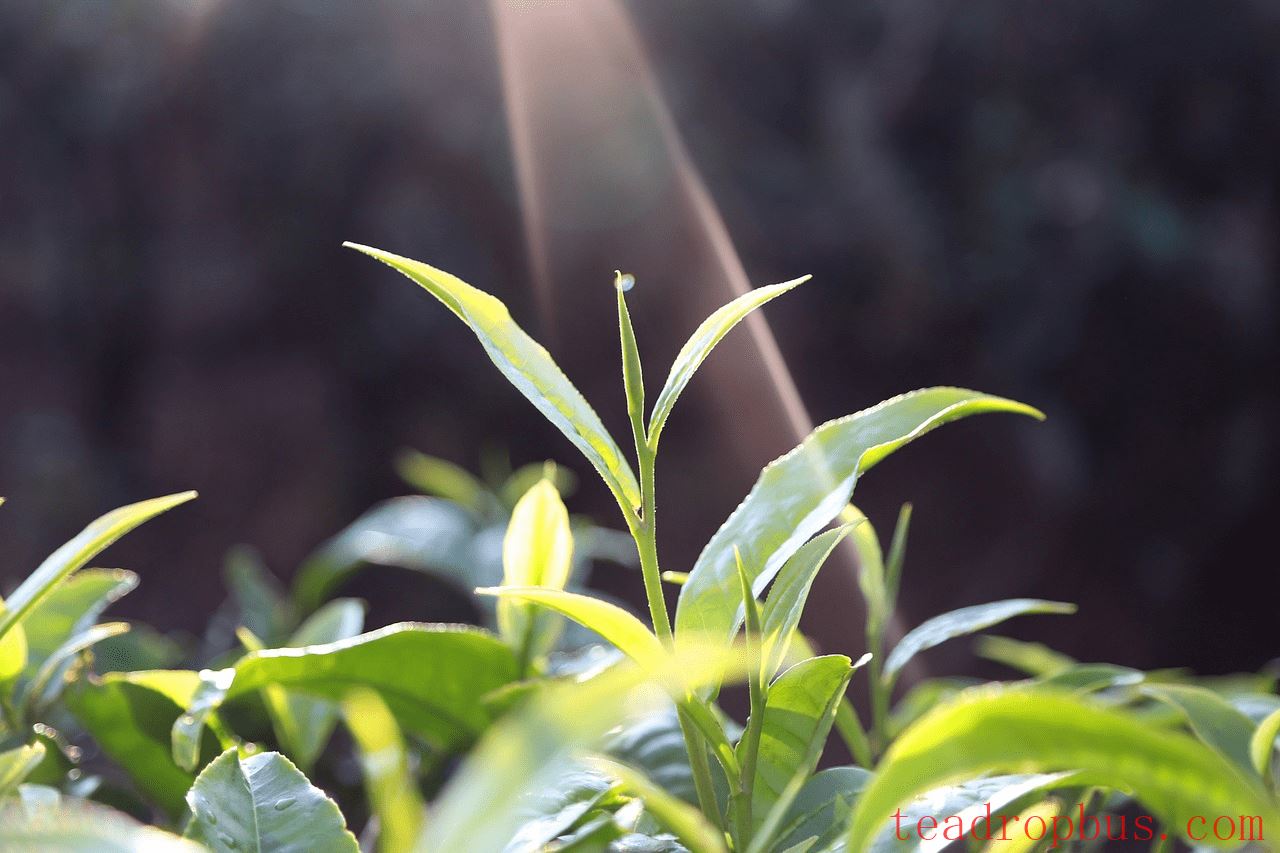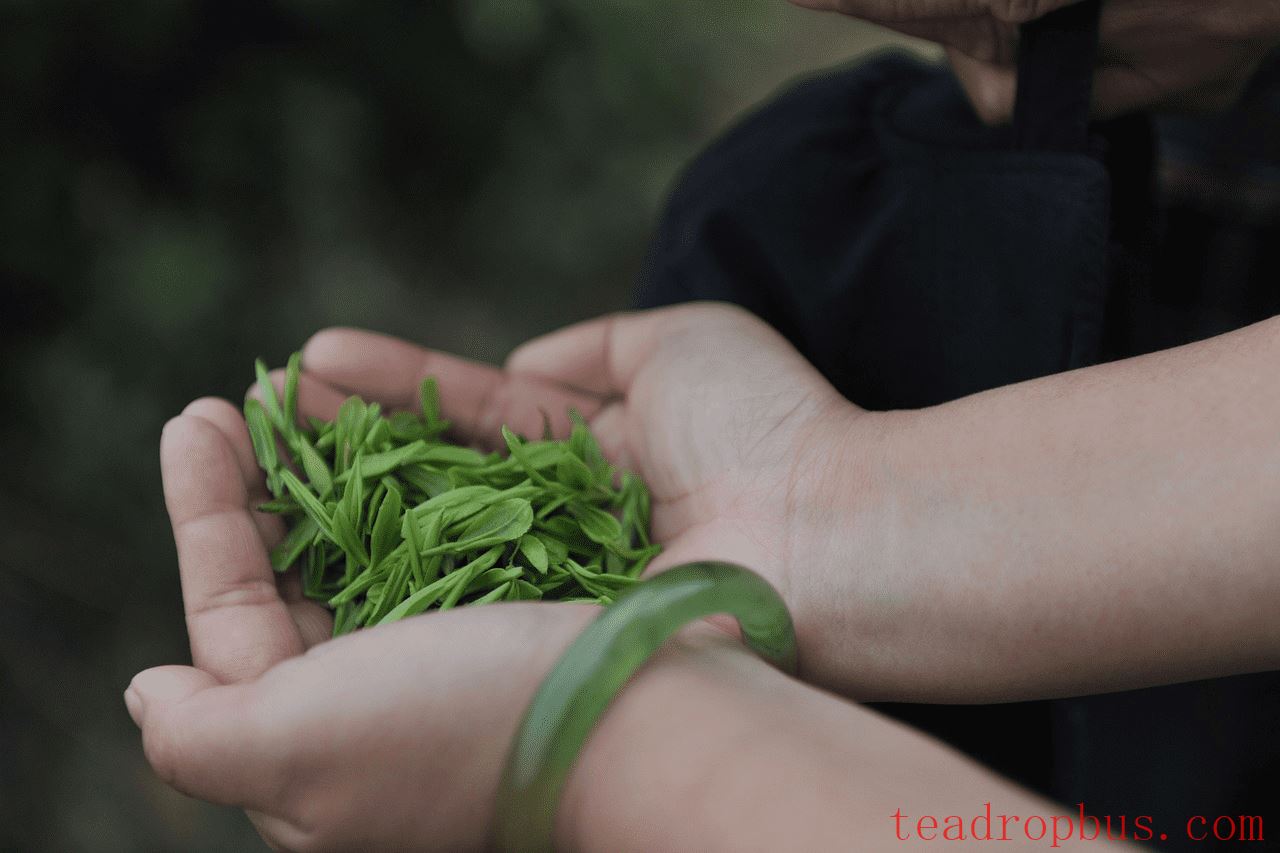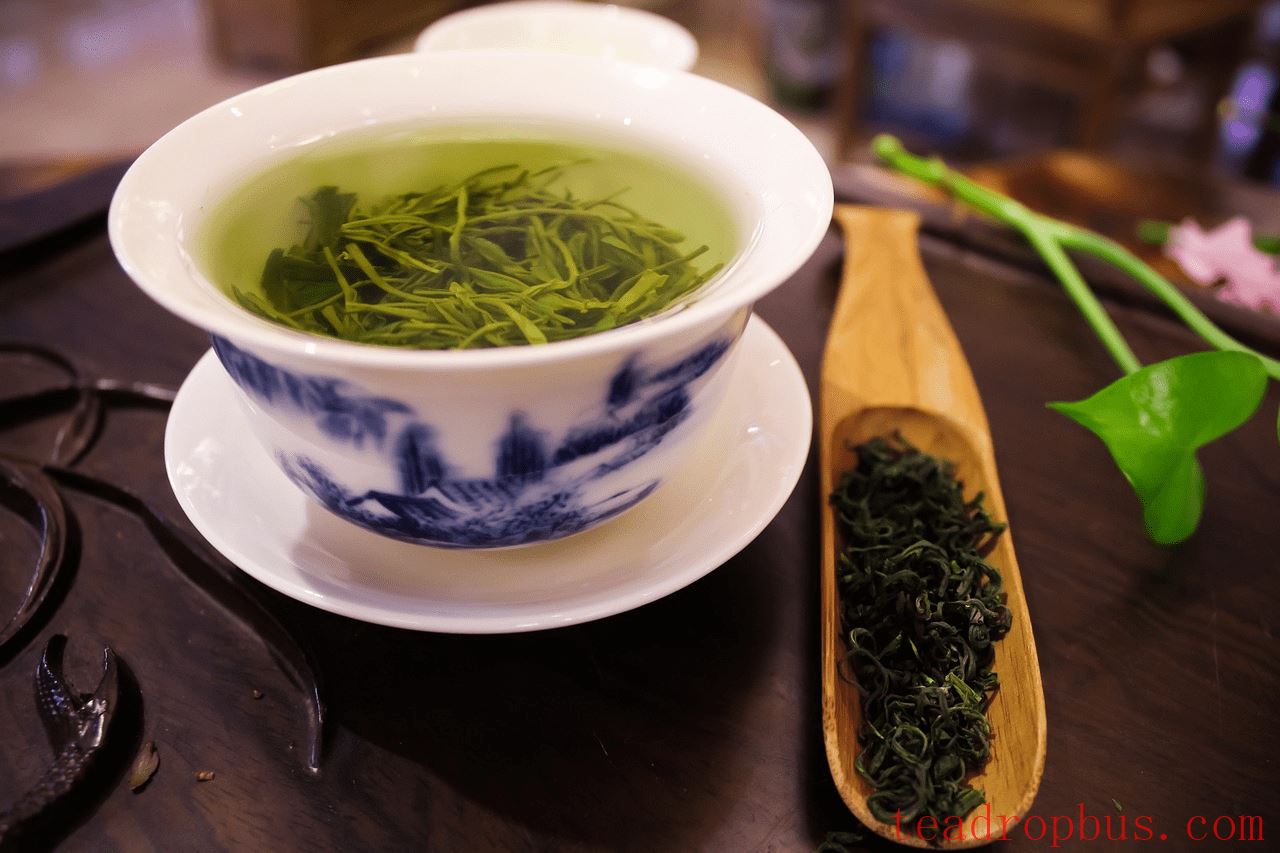As a traditional Chinese beverage, Tea has a long history and profound cultural connotations, deeply ingrained in the fabric of Chinese civilization. Whenever we savor a cup of fragrant tea, we feel as if we are transported through thousands of years, experiencing the accumulation of history and the essence of culture. So, which dynasty did tea originate in? Let's delve into the annals of history to explore the origins and development of tea culture.

Legend and Fact: Two Accounts of the Origin of Tea
There are many beautiful legends about the origin of tea that have been passed down among the people. The most famous is the story of “Shennong Tasting a Hundred Herbs.” According to legend, during ancient times, Emperor Shennong tasted various herbs to cure illnesses and save lives, accidentally poisoning himself in the process. At this moment, a fragrant aroma drifted by, and Shennong followed it to find a plant with leaves, which he then boiled and drank. Miraculously, the symptoms of his poisoning disappeared. From then on, people began cultivating tea plants and processing their leaves into tea.
Of course, aside from these legends, there are more reliable historical records. According to historical documents, the origin of tea can be traced back to the Spring and Autumn and Warring States periods. In classics such as the “Rites of Zhou” and the “Erya,” there are records about tea. The “Shennong's Herbal Classic” lists tea as a superior herb and details its medicinal value.
The Qin and Han Dynasties: The Rise and Development of Tea
During the Qin and Han dynasties, the cultivation and consumption of tea gradually became widespread. According to the “Book of Han,” Emperor Wu of Han sent envoys to the southwestern regions to obtain tea, indicating its high status in the imperial court at the time. Additionally, tea was used for sacrifices and gifts, becoming an important item for presentation.

The Tang and Song Dynasties: The Peak of Tea Culture
The Tang and Song dynasties saw an unprecedented flourishing of tea culture. The publication of Lu Yu's “Classic of Tea” marked the maturity of Chinese Tea scholarship. Tea not only became an indispensable beverage in daily life but also gave rise to rich tea arts and culture.
In the Tang dynasty, teahouses were prevalent in both urban and rural areas, becoming important venues for exchanging ideas and honing skills. Poets and scholars were particularly fond of tea, composing numerous poems praising it and integrating it into literary art.
In the Song dynasty, the ways of drinking tea became more diverse, with practices like brewing tea, tea competitions, and boiling tea becoming popular. Tea also became an important trade commodity, exported overseas and spreading Chinese tea culture around the world.
The Ming and Qing Dynasties: Diversification of Tea
In the Ming and Qing dynasties, tea cultivation techniques and processing methods improved further, resulting in a greater variety of teas. The six major types of tea—green, black, Oolong, white, yellow, and dark—gradually took shape, each with unique regional characteristics.
Moreover, the ways of drinking tea became more accessible to the common people, becoming an integral part of everyday life. Tea was not just a drink to quench thirst but also a cultural symbol representing an elegant way of life.
The Origin and Development of Tea: A Treasure of Chinese Civilization

The origin and development of tea is a significant chapter in the history of Chinese civilization. It not only embodies the wisdom and creativity of the Chinese nation but also carries deep cultural connotations. Today, tea is one of the three most consumed beverages worldwide, loved by people globally.
Savoring a cup of tea, feeling its fragrance, we are transported through thousands of years, conversing with our ancestors and experiencing the vastness and depth of Chinese culture. Tea is not just a beverage; it is a treasure of Chinese civilization, worthy of eternal preservation.